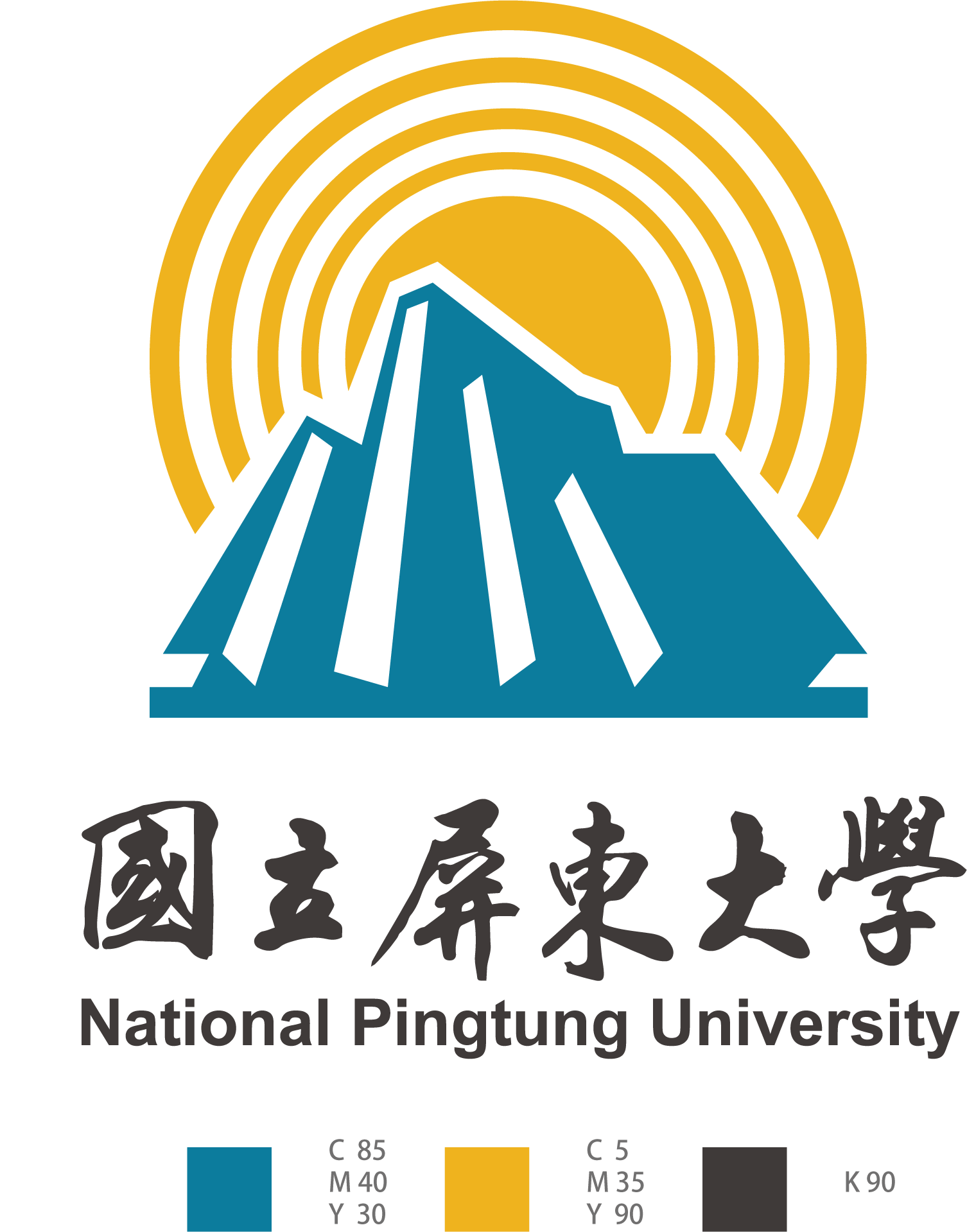Optoelectronic and Energy Materials Laboratory
Research Field
Prof. Lee's research group is mainly engaged in the development and application of functional thin film materials and nanomaterials, including the use of atomic layer deposition (ALD), electrochemical deposition, and hydrothermal process to fabricate functional materials and apply them to optoelectronic devices and electrochemical energy storage devices. Recently, Prof. Lee's group mainly engaged in surface modification of carbon materials (such as carbon felt, carbon cloth, etc.) and applied them to vanadium redox flow batteries (VRFBs), supercapacitors, and metal-ion batteries.
Prof. Lee's research group is mainly engaged in the development and application of functional thin film materials and nanomaterials. Including the use of atomic layer deposition (ALD), electrochemical deposition, and hydrothermal process to fabricate functional materials and apply them to optoelectronic devices and electrochemical energy storage devices. Recently, Prof. Lee's group mainly engaged in surface modification of carbon materials (such as carbon felt, carbon cloth, etc.) and applied to vanadium redox flow batteries (VRFBs), supercapacitors and metal-ion batteries.
Recently, Prof. Lee's research interests mainly focused on developing surface modification techniques for carbon-based electrodes and applying them to vanadium redox flow batteries (VRFBs).
Prof. Lee's recent research projects related to vanadium redox flow batteries (VRFBs):
1. Development of vanadium redox flow battery electrodes with high energy efficiency and long-term charge-discharge stability, (Project number: NSTC 112-2221-E-153-001-MY3), 2023/08/01 ~ 2026/07/31. (PI) Ongoing
2. Development of redox flow battery with metal bipolar plates, (Project number: NSTC 112-2622-E-153-001), 2023/11/01 ~ 2024/10/31. (PI) Finished.
3. Development of high-performance carbon-based energy storage electrodes using atomic layer deposition technology, (Project number: NSTC 111-2221-E-153-002), 2022/08/01 ~ 2023/07/31. (PI) Finished
4. Graphite felts modified by nitrogen-doped titanium dioxide nanocoatings of atomic layer deposition as high-performance electrodes for vanadium redox flow batteries, (Project number: MOST 110-2221-E-153-004), 2021/08/01 ~ 2022/07/31. (PI) Finished
5. Research on surface modification and application of graphite felt, (Project number: MOST 109-2622-E-153-001), 2020/11/01 ~ 2021/10/31. (PI) Finished
Ph. D., Materials Science and Engineering, National Cheng Kung University, TAIWAN.
2 Vacancies
Job Description
1. This internship is designed to involve interns in the development of high-performance vanadium redox flow batteries (VRFBs), including the preparation and characterization of carbon-based electrode materials, the structural design, and performance testing of VRFBs. Additionally, interns will perform other research-related tasks assigned by the Principal Investigator (PI).
2. Interns are required to submit a mid-term internship report on time each month for the first two months and a complete final internship report in the last month.
3. After receiving the admission notification, interns are not allowed to request changes or extensions to the internship period, except in cases of force majeure or visa-related issues.
4. If interns need to make changes to their internship period in Taiwan, they must submit a request during the first half of the internship period and obtain approval from the project principal investigator. Additionally, any overpaid grants must be returned before leaving Taiwan.
Preferred Intern Education Level
Eligibility Criteria:
1. Academic Level: Open to fourth-year undergraduate students, master's students, and PhD students.
2. English Proficiency: Applicants must demonstrate English proficiency at or above the CEFR B1 level. Accepted English test scores include:
# TOEFL ITP: 457+
# TOEFL iBT: 47+
# IELTS: 4.0+
# BULATS: ALTE Level 2+
# TOEIC: 550+
(A valid English test score certificate is required.)
3. Priority Consideration: Preference will be given to students with intentions to pursue a master's or doctoral degree in Taiwan.
Skill sets or Qualities
# Applicants should have an academic background in Materials Science and Engineering, Electrochemistry, Chemical Engineering, Mechanical Engineering, Electrical Engineering, Physics, or Chemistry. Research experience is required, and candidates who have published academic papers (in conferences or journals) are preferred.
# Applicants with mechanical structure design and flow field simulation skills will be given priority.
